There are no rules for friendship. It must be left to itself. We cannot force it any more than love
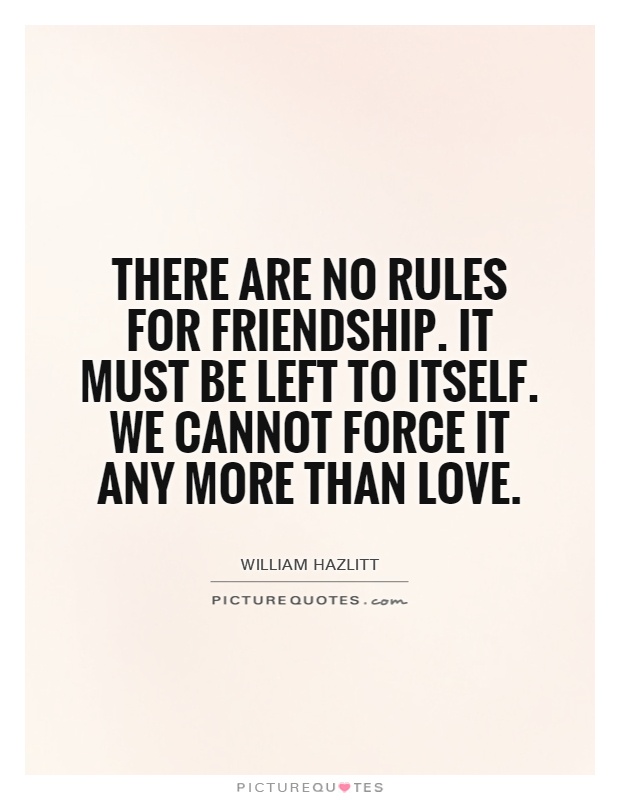
There are no rules for friendship. It must be left to itself. We cannot force it any more than love
William Hazlitt, a renowned English writer and philosopher, once said, "There are no rules for friendship. It must be left to itself. We cannot force it any more than love." This statement encapsulates the essence of true friendship and the organic nature of its development. Hazlitt believed that friendship, like love, cannot be manufactured or controlled; it must be allowed to grow and evolve naturally.In Hazlitt's view, friendship is a bond that forms between individuals based on mutual respect, trust, and understanding. It is a relationship that is built on shared experiences, common interests, and genuine affection. Unlike other relationships that may be governed by societal norms or expectations, friendship is a unique and personal connection that is free from rules or constraints.
Hazlitt's assertion that friendship must be left to itself highlights the importance of allowing relationships to develop organically. Trying to force a friendship or impose rules upon it can be counterproductive and may ultimately lead to its demise. True friendship, according to Hazlitt, is a spontaneous and natural connection that cannot be manufactured or manipulated.
Hazlitt's comparison of friendship to love further emphasizes the depth and complexity of this relationship. Just as love cannot be forced or controlled, friendship must also be allowed to flourish on its own terms. Both love and friendship require a certain level of vulnerability, openness, and authenticity in order to thrive.

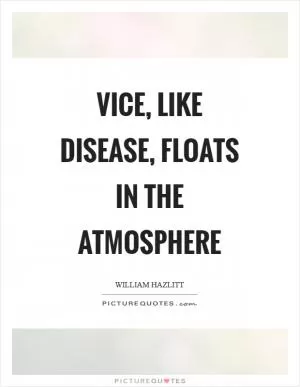
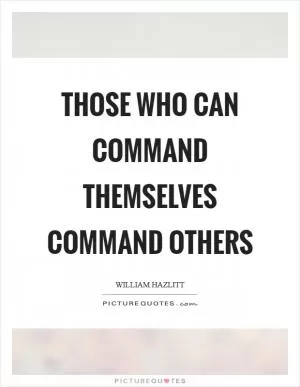



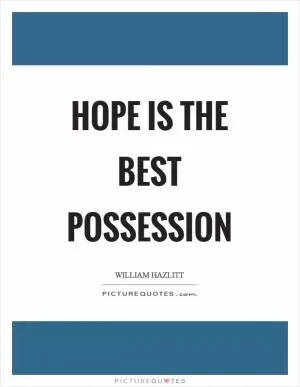


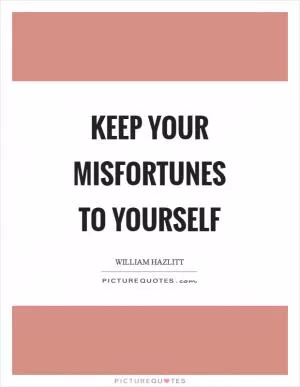
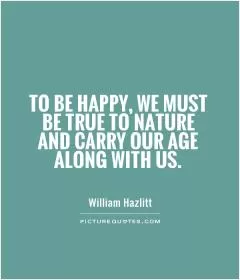

 Friendship Quotes
Friendship Quotes Love Quotes
Love Quotes Life Quotes
Life Quotes Funny Quotes
Funny Quotes Motivational Quotes
Motivational Quotes Inspirational Quotes
Inspirational Quotes